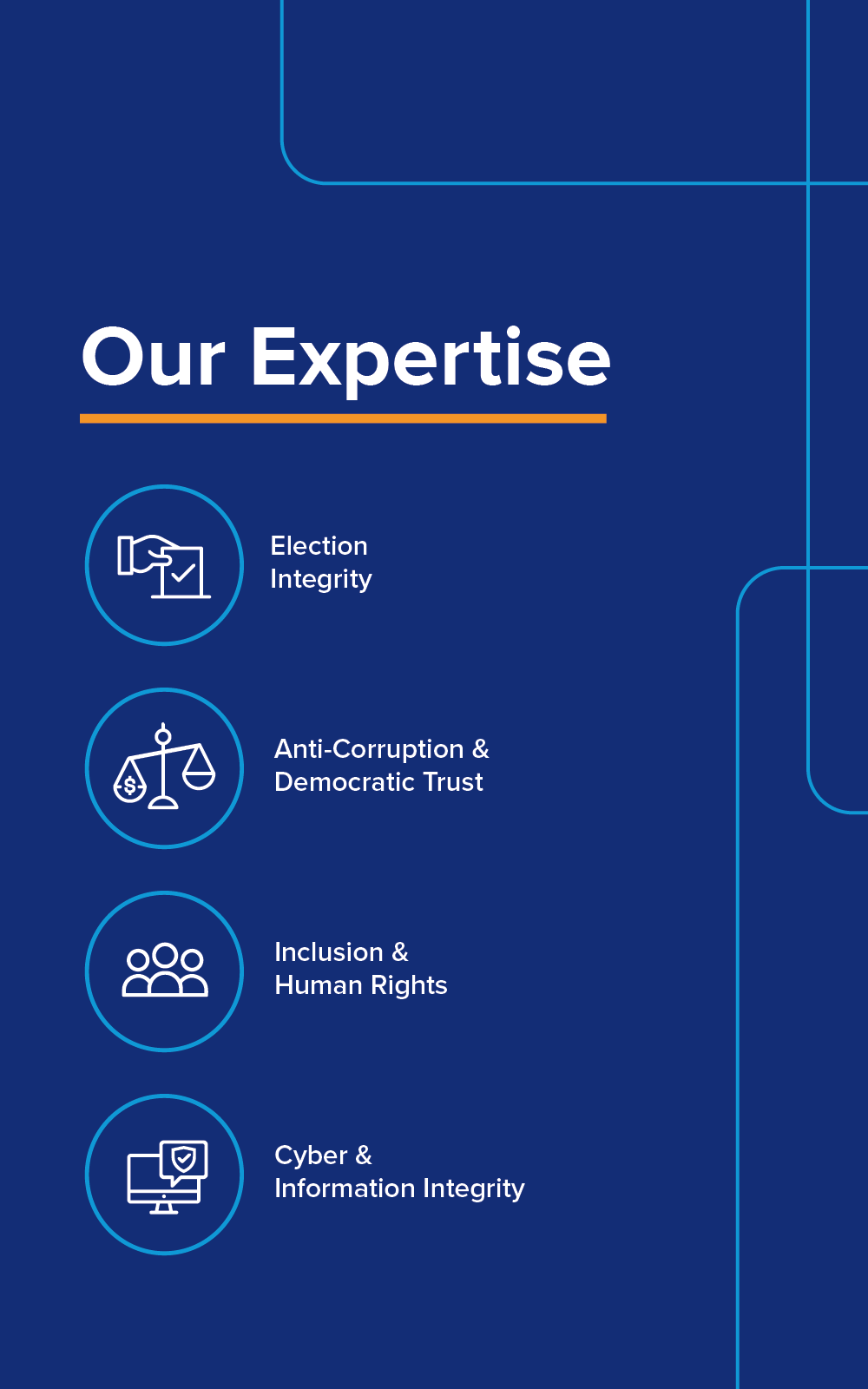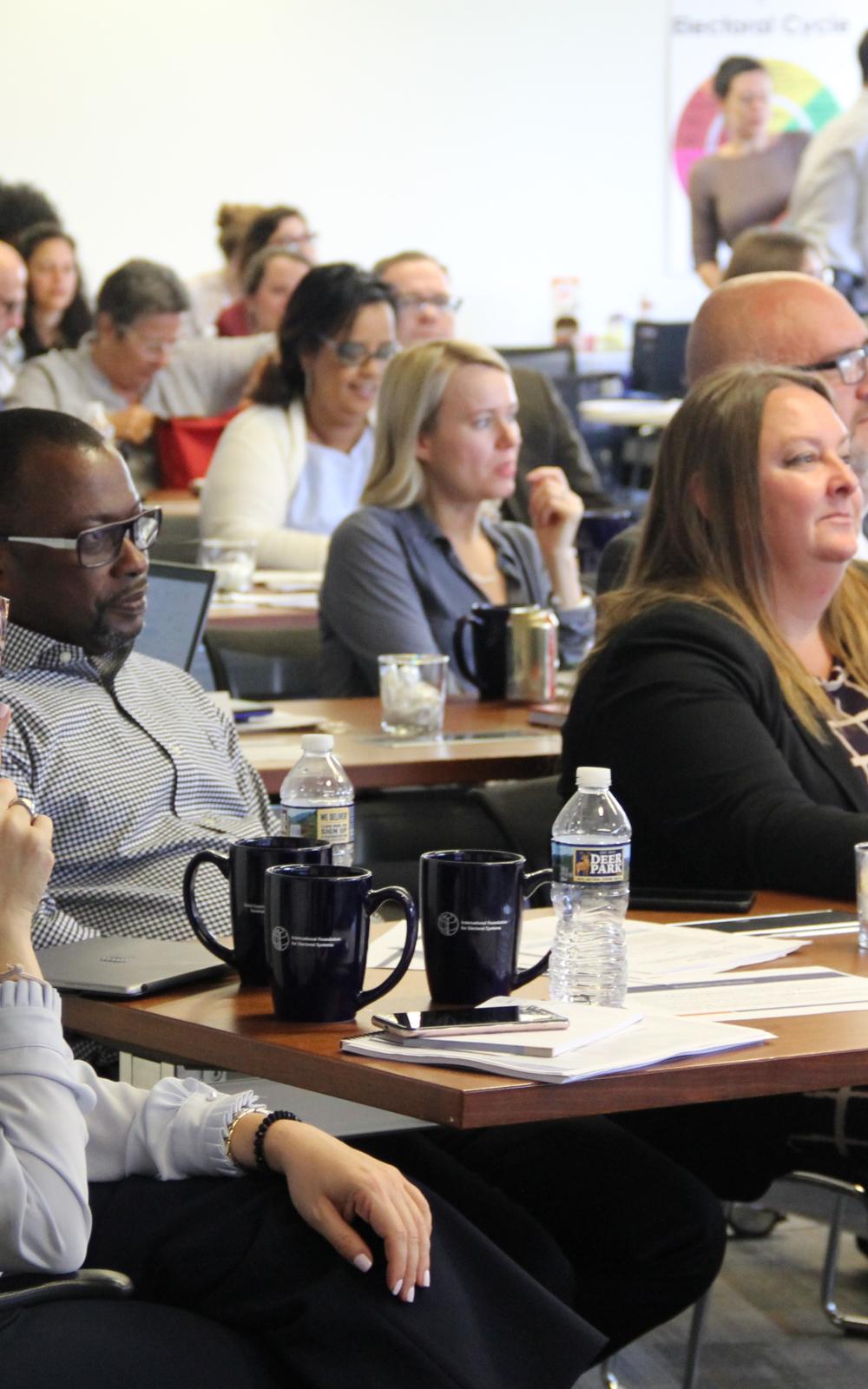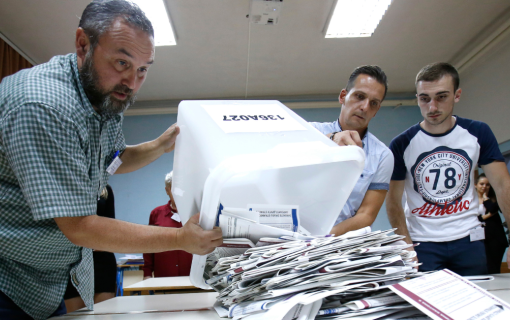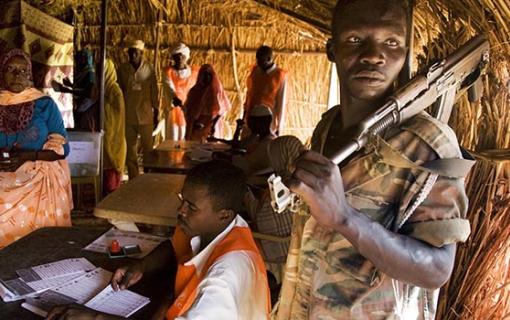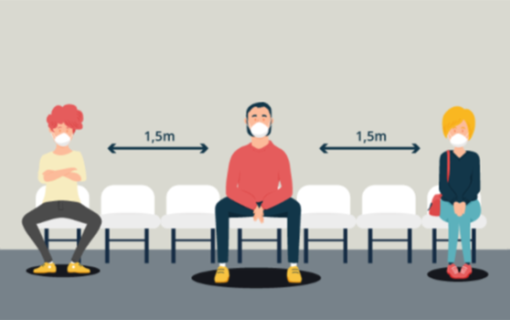 Nermin
Nisic
Country Director, Bosnia and Herzegovina, Montenegro, and Serbia
Nermin
Nisic
Country Director, Bosnia and Herzegovina, Montenegro, and Serbia
Bosnia and Herzegovina
Above: The Central Election Commission holds a press conference to launch its e-learning platform and online poll worker training, supported by IFES, ahead of the 2020 local elections.
Democracy in Bosnia and Herzegovina (BiH) remains fragile 25 years after the end of the conflict of the 1990s. Divided governance structures pose challenges to civic participation and longstanding recommendations to improve the electoral process are unimplemented, leading to delays in European Union (EU) accession negotiations.
IFES’ current programming focuses on building election administration’s capacity, as well as on promoting anti-corruption, addressing electoral disinformation and building effective information and communications technology system integrity. These activities are designed to strengthen democratic processes ahead of the 2022 general elections.
Since 1996, IFES has worked to establish and support effective and inclusive election administration and management in line with international standards and best practices, engaging civil society and media actors in the process to build trust and confidence in BiH’s democracy.
Currently, IFES’ programming seeks to further democratic development, recognizing that progress requires democratic actors to improve and strengthen capacity for building transparency and credibility surrounding elections. This includes engaging the Central Election Commission (CEC), civil society and the media to build sustainable avenues for democratic electoral processes.
IFES is also supporting local civil society under the Effective Combat Against Corruption project to shift incentives around implementation of international and regional anti-corruption standards and commitments, including those issued by the Group of States against Corruption and the EU.
Featured Experts
Latest
View AllOur Global Expertise
